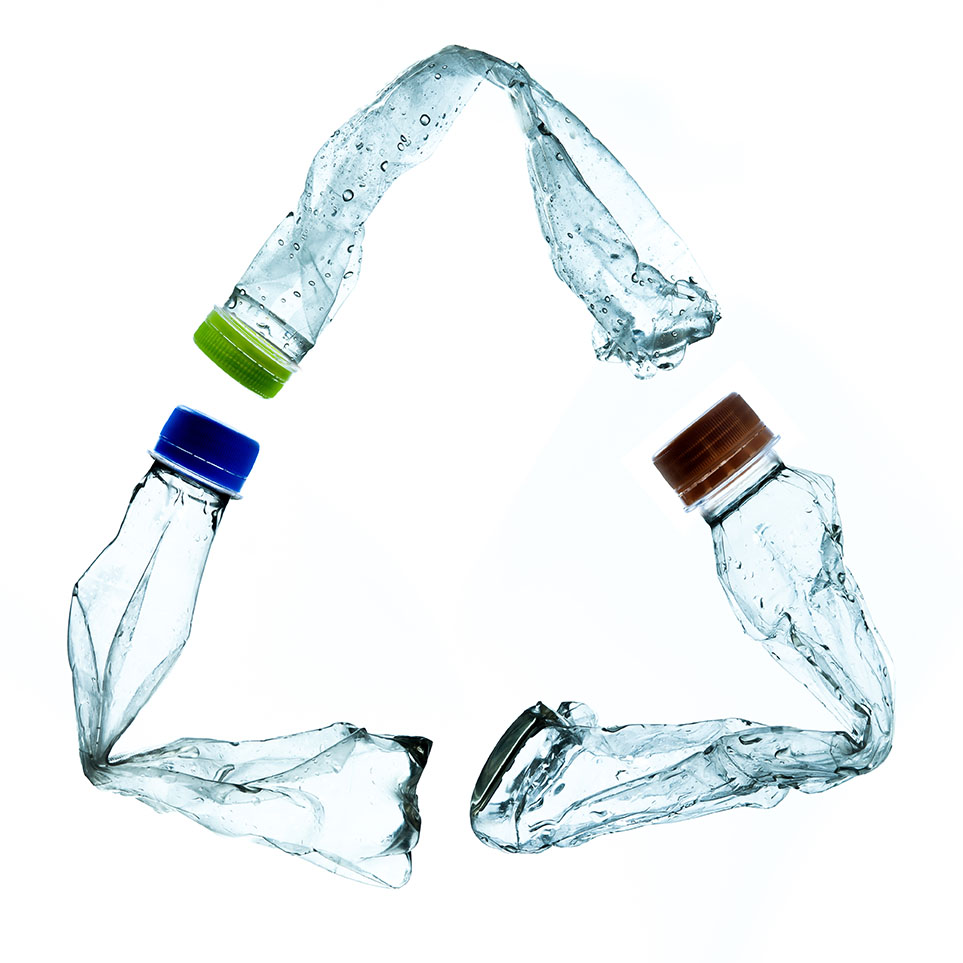
Digimarc’s digital watermark system allows consumers to scan containers to find information on where to recycle them. | Showcake/Shutterstock
After several years of testing, the “Holy Grail 2.0” project announced it will move forward with a countrywide pilot of Digimarc’s digital recycling technology in France in 2024.
Digimarc Recycle uses digital watermarks on packaging that is tied to a cloud-based repository of product attributes, such as brand, SKU, product variant, packaging composition. Consumers can use their phones to scan the product packaging and see location-based information on how – and whether – they can recycle the package. MRFs can sort packaging more efficiently and accurately.
“Digimarc Recycle overcomes the limitations of today’s optical sorting technologies to drive a step change in the quality and quantity of recyclate,” a press release noted. “This improvement also unlocks new end markets for post-consumer recyclate that do not exist today.”
The program could also help gather needed data on the recycling system, which will help governments, producer responsibility organizations (PROs), facility operators, and brand owners and retailers make more informed decisions.
The rollout is the culmination of a long-term “HolyGrail 2.0” pilot project by AIM, the European Brands Association and the Alliance to End Plastic Waste to test how to best use digital watermarks for accurate sorting of packaging at scale.
Riley McCormack, Digimarc president and CEO, said in the press release that the company is “committed to working alongside this group to expand the rollout to other facility operators, brands and retailers in France, because when the only thing that stands in the way of progress is inertia, true leadership is defined by those who take action.”
McCormack added that Digimarc is also working to expand into other countries.
“The technology to effect real change exists today, and delayed adoption leads to permanent and irreversible damage to our planet,” McCormack said. “The time to act is now.”

